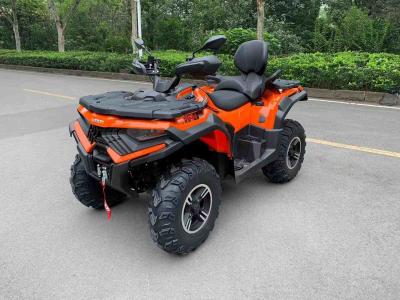Categories
Tags
-
#da Water Maker
#Cream Chargers
#Advantages of Soda Water Production Equipment
#Rotass Food Grade Nitrous Oxide Tank
#Nitrous Oxide
#CO₂ Carbonator
#580g whipped cream chargers
#8 Gram CO2 Soda Chargers
#N2O cylinders
#Stainless Steel Whipped Cream Dispenser
#Nitrous Oxide Canisters
#China Nitrous Oxide
#Safety Tips for Using CO₂ Soda Chargers at Home
#Elevate Your Desserts with Flavored Cream Chargers
#CO2 Soda Chargers
#640g Nitrous Oxide Aluminum Alloy Cylinder
#Nitrous Oxide Tank
#Whipped Cream Dispenser
#Food-Grade Carbon Dioxide
#8g CO2 Chargers
#Wholesale Nitrous Oxide Chargers from Rotass
#Food Grade Nitrous Oxide
#Blueberry Food Grade N2O Cylinders
#Whipped Cream Chargers
#Nitrous Oxide Cartridges
#harger Pressure Regulator
#LONCIN XWolf 200 – A Practical and Reliable Entry-Level ATV
#LONCIN XWolf 200
#ATV Motorcycle
Archives
How to Ride an ATV Motorcycle Safely: A Beginner-Friendly Guide
-
How to Ride an ATV Motorcycle Safely: A Beginner-Friendly Guide
Riding an ATV motorcycle can be exciting and enjoyable, but safety should always come first. Unlike regular motorcycles, ATV motorcycles are heavier, wider, and more powerful, so learning proper riding techniques is essential. This guide covers the key safety tips every beginner and adult rider should follow.
1. Wear the Right Protective Gear
Always wear proper gear before riding an ATV motorcycle:
l DOT-approved helmet
l Goggles or face shield
l Gloves
l Long-sleeve riding clothes
l Knee and elbow protection
l Boots with ankle support
Protective gear reduces the risk of injury and improves your comfort during the ride.
2. Get Familiar With Your ATV
Before starting the engine, take a moment to learn your machine:
l Where the throttle and brakes are
l How the gear selector works
l The location of the kill switch
l How to switch between 2×4 and 4×4 (if equipped)
l Brake feel and handlebar response
Understanding your ATV helps prevent accidents caused by sudden surprises.
3. Start With Easy Terrain
Beginners should practice on flat, open ground before trying more difficult terrain.
Recommended starting areas:
l Grass fields
l Dirt paths
l Wide trails
l Empty lots
Avoid steep hills, mud, water crossings, and sand until you gain more experience.
4. Maintain the Correct Riding Posture
Proper body position improves stability and control.
l Lean slightly forward when accelerating
l Shift your weight toward the inside during turns
l Stand up slightly when riding over bumps or rough terrain
l Keep your feet firmly on the footrests
Good posture prevents rollovers and increases your balance on uneven ground.
5. Ride at a Comfortable Speed
ATV motorcycles can feel stable, but they can tip if you corner too fast.
Always:l Slow down before turns
l Avoid sudden throttle bursts
l Keep both hands on the handlebars
l Stay within your comfort zone
Speed control is one of the most important safety factors in ATV riding.
6. Avoid Riding on Paved Roads
ATV motorcycles are not designed for asphalt.
Their wide tires and off-road suspension make them unsafe on paved surfaces, especially at high speeds or during turns.Stick to:
l Trails
l Dirt roads
l Fields
l Forest paths
7. Never Ride Under the Influence
Alcohol or drugs slow your reaction time and reduce judgment.
Since ATVs are powerful and heavy machines, riding under the influence can lead to severe accidents.8. Keep Your ATV in Good Condition
Safety also depends on proper maintenance.
Check regularly:
l Tire pressure
l Brakes
l Engine oil
l Lights
l Fuel level
l Suspension components
A well-maintained ATV is safer, more reliable, and more enjoyable to ride.
Conclusion
Learning how to ride an ATV motorcycle safely involves using proper protective gear, practicing on easy terrain, maintaining good posture, and understanding your machine’s limits. With the right safety habits, you can enjoy thrilling off-road experiences while staying protected and confident.
